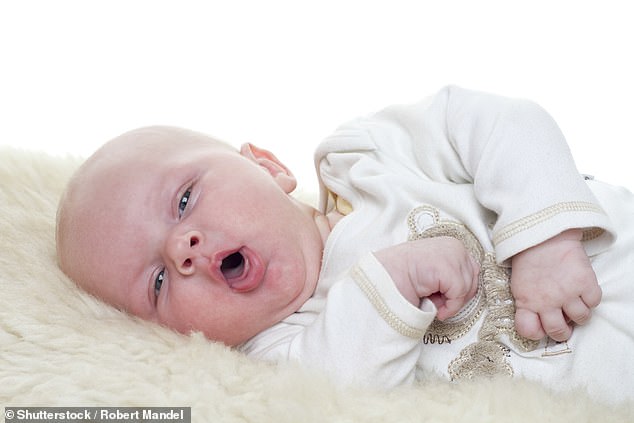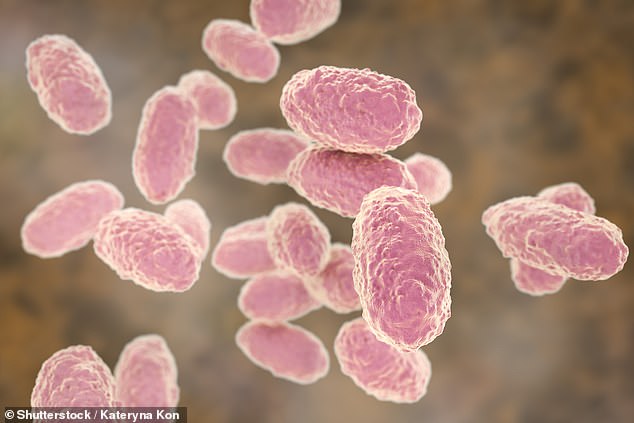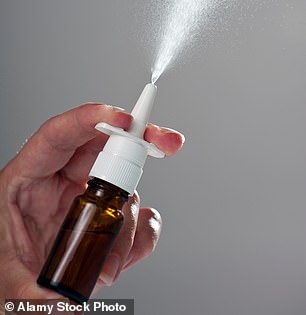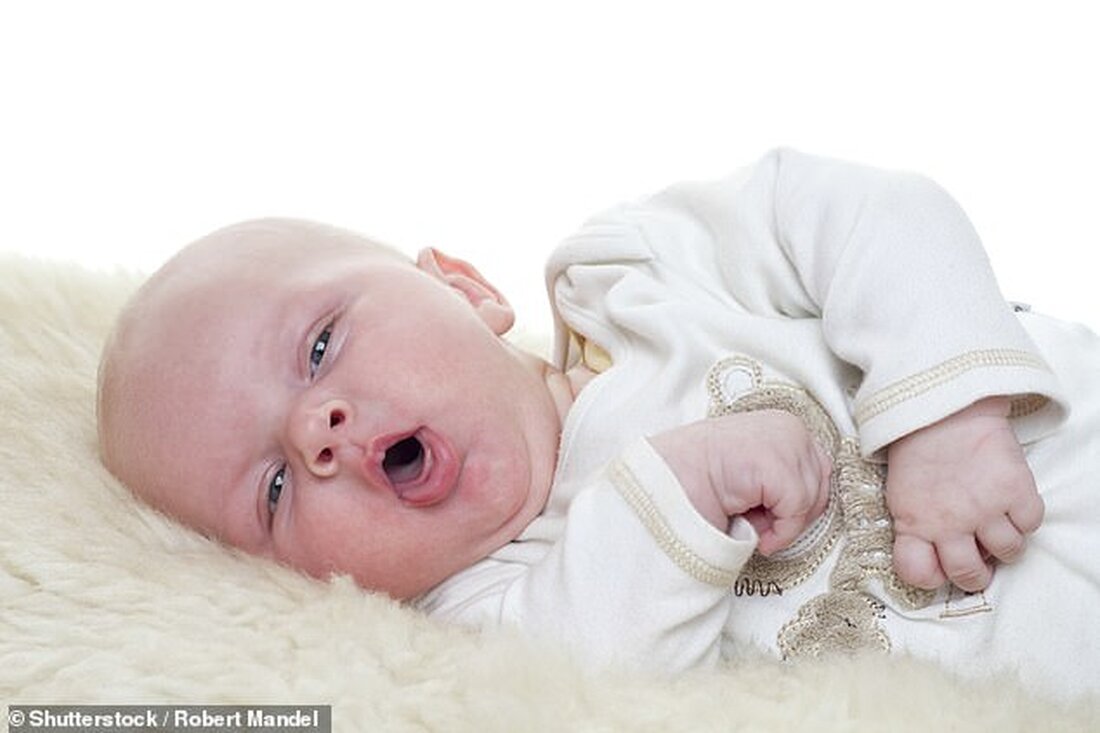Scientists will pay you £4,000 to contract whooping cough as part of a vaccine trial.
Brits are being urged to take part in the trial which will deliberately expose them to the bacterial infection after receiving the jab.
They will then be monitored for 16 nights in a hotel room, where all meals will be provided, to see how their condition progresses.
Scientists at University Hospital Southampton are recruiting healthy 18- to 50-year-olds living in the city to test the new nasal spray vaccine called BPZE1.
There is already a vaccine against whooping cough, but it cannot stop upper respiratory infections and does not prevent people from spreading them to others.
The infection is caused by bacteria that invade the lungs and breathing tubes and can cause pneumonia. It kills up to one in 50 babies.

Between coughs, sufferers may gasp for air, causing a “whoop” sound. Anyone can become infected. But adults usually have no or only mild symptoms, while babies can experience life-threatening dehydration, difficulty breathing and pneumonia

The hiding bacteria means people can unknowingly spread the infection to other people, leading to sporadic outbreaks of the disease

Previous studies found that the nasal spray infected the nose and throat of volunteers without causing any symptoms and elicited an immune response. Pictured: Supply of nasal spray
The “Human Challenge” study involves participants receiving either the vaccine or a placebo.
Two to four months later, they will be intentionally exposed to the bacteria that causes whooping cough to find out how effective the proposed new vaccine is at stopping the infection.
Participants, who will each receive £3,775 for taking part, will then be sent to a hotel for 16 nights.
It is not clear which hotel the volunteers will be staying in, but volunteers will have access to several rooms, a toilet, a shower and a recreation area. All meals, drinks and snacks are provided.
You are also allowed to be outside for two hours per day.
Before the volunteers leave the hotel two and a half weeks later, they are given a course of antibiotics to eliminate the bacteria in their noses.
Whooping cough causes coughing fits that last for minutes. It usually produces thick mucus and may induce vomiting.
Between coughs, sufferers may gasp for air, causing a “whoop” sound.
Anyone can become infected. But adults usually have no or only mild symptoms, while babies can experience life-threatening dehydration, difficulty breathing and pneumonia.
A vaccine that protects against whooping cough is currently being offered to all newborns in the UK.
However, it does not provide lifelong protection, cannot stop upper respiratory infections, and does not prevent people from spreading it to others.
The current vaccine was introduced two decades ago to replace an older version that caused side effects.
However, the jab used now is less effective. In the UK, the number of cases quadrupled from 6,216 in the six years to 2011 to 25,891 in the six years to 2018.
And the infection is estimated to cause 160,000 deaths worldwide per year.
Scientists hope the new vaccine will provide better protection and reduce infections.
Previous studies found that the nasal spray infected the nose and throat of volunteers without causing any symptoms and elicited an immune response.
Now the study will test on humans how well it can protect against the virus. After being exposed to the vaccine or placebo, volunteers are infected at a research clinic.
Professor Robert Read, director of the National Institute for Health and Care Research Southampton Biomedical Research Centre, said: “Despite the dramatic decline in whooping cough in the 20th century, there has been a sharp rise in cases in recent decades.
“There is a great need for new and more effective vaccines.
“We invite people in the Southampton area to be part of this journey to best protect people from this life-threatening bacteria.”

 Suche
Suche
 Mein Konto
Mein Konto

